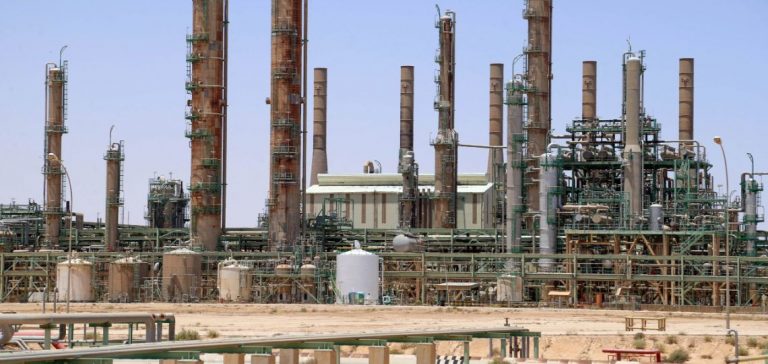Libya, a country marked by years of political instability, has managed to increase its oil production to approximately 1.22 million barrels per day (bpd), thanks to the efforts of the National Oil Corporation (NOC). This recovery comes after a prolonged period of disruptions that significantly affected production levels, particularly at major fields such as Sharara, El Feel, and Es Sider. Before these blockades, national production was around 1.3 million barrels per day, making this rebound crucial for stabilizing Libya’s oil industry.
Reasons for Recovery
This recovery was made possible through the resolution of disputes within the Central Bank of Libya, which had paralyzed coordination between rival administrations in the East and Tripoli. The governance crisis had a direct impact on key terminals and fields, once again revealing the interdependence between Libyan politics and the oil industry. These tensions highlight the complexity of the situation, where internal divisions directly influence the country’s energy performance.
Persistent Threats
Despite this progress, the NOC must contend with a multitude of armed groups that constantly threaten its installations. In recent years, factions such as the Benghazi Defence Brigades (BDB) have targeted key infrastructure, leading to temporary production halts and compromising the security of the Oil Crescent region, a strategic area housing the Es Sider and Ras Lanuf terminals. These sites represent a combined capacity of 600,000 bpd, making their security a priority for any long-term stability.
Growth Initiatives
The NOC is pursuing initiatives to attract international partners and restore investor confidence. Among its goals, reaching a production level of 1.6 million barrels per day remains a strategic milestone, despite the risks. The corporation has recently launched expansion projects at the Sharara and El Feel sites, gradually increasing its capacity. However, these efforts often face local resistance, complicating production stabilization.
Long-Term Goals
The NOC’s strategy relies on modernizing infrastructure and implementing cutting-edge technologies to tap into new reserves. The use of advanced pumping systems, such as the “Sucker Rod” in the Nafoura field, aims to optimize production efficiency. Despite these advancements, achieving these ambitious goals will depend on sustainable political resolution and significant security improvements.






















